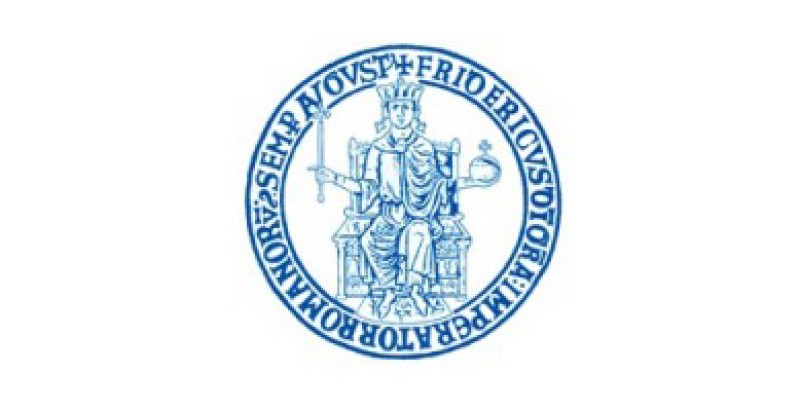Sub-theme 35: Paradox Theory and Research: Constituting Tensions, Power and Discourse
Call for Papers
Studies of paradox and elaborations of paradox theory have grown substantially over the past two decades (Smith
& Lewis, 2011). This sub-theme seeks to fuel this growing community, enabling deeper insights into interwoven issues of
paradox and relations with tensions, power and discourse. Extant research strongly indicates that paradox is ubiquitous and
inevitable in complex organizational systems involving, for example, aspects such as innovation (Andriopoulos & Lewis,
2009), sustainability (Ehnert, 2009; Hahn et al., 2014) and human resource management (Keegan & Francis, 2010).
We call for papers from scholars whose research attends to the processes of constituting paradox through discourse
to provide a valuable extension to paradox theory. At the same time, the growing body of knowledge on paradox can also stimulate
insights on factors that foster or constrain communication that leads to paradoxical organizing strategies (Cooren et al.,
2011). Possibilities include attention to struggles over authorship of collective texts (e.g. HRM policies, sustainability
discourses) that produce or reduce paradoxical perspectives on tensions and guide actors' responses to tensions. Research
might focus on conflicting/intersecting flows of organizational discourse (e.g. on sustainability) and how these shape the
possibilities for (paradoxical) responses from organizations and their members. With this call for papers we hope to stimulate
new insights into how power, discourse, language and tensions foster or downplay paradoxical perspectives and (dis)order possibilities
for social action in the face of recurring, interdependent and persistent tensions in organizations.
EGOS has
fostered a growing and vibrant community of paradox scholars. The paradox sub-themes held at EGOS 2010 (Lisbon), 2012 (Helsinki),
2013 (Montreal), and 2014 (Rotterdam) "energized", "explored", "embraced", then "leveraged" paradoxes, respectively, to fuel
alternative understandings and approaches to organizing. From this base, we now ask how a paradox lens might enable insights
into the roles of tensions, power, and discourse in enabling human and organizational sustainability. Our goal is to share
and inspire research that enables actors and firms to thrive in both the short and long-run. We invite papers that explore
some of the following, illustrative questions:
- What are the dynamics and tensions surrounding sustainability paradoxes? Do grassroots initiatives as 'subversive and unconventional realities' do more or less to foster paradoxical perspectives linked to issues of sustainability?
- How might a paradox lens contribute insights on the 'human side' of organizational and management tensions?
- Does current paradox theory sufficiently highlight aspects of power, discourse and influence and what are the blind spots?
- How do hidden and overt arenas of power coexist and interact to enable or impede actors' abilities to cope with paradoxes in daily life?
- Are some organizational and managerial discourses more inclined to support and/or mitigate against the adoption of paradox perspectives on organizational tensions?
References
- Andriopoulos, C., & Lewis, M.W. (2009): "Exploitation-Exploration Tensions and Organizational Ambidexterity: Managing Paradoxes of Innovation." Organization Science, 20 (4), 696–717.
- Cooren, F., Kuhn, T., Cornelissen, J.P., & Clark, T. (2011): "Communication, Organizing and Organization: An Overview and Introduction to the Special Issue." Organization Studies, 32 (9), 1149–1170.
- Ehnert, I. (2009): Sustainable Human Resource Management. A conceptual and exploratory analysis from a paradox perspective. Heidelberg: Springer.
- Keegan, A., & Francis, H. (2010): "Practitioner Talk: The Changing Textscape of HRM and Emergence of HR Business Partnership." The International Journal of Human Resource Management, 21 (6), 873–898.
- Hahn, T., Pinkse, J., Preuss, L., & Figge, F. (2014): "Tensions in Corporate Sustainability: Towards and Integrative Framework." Journal of Business Ethics, 127 (2), 297–316.
- Smith, W.K., & Lewis, M.W. (2011): "Toward a Theory of Paradox: A Dynamic Equilibrium Model of Organizing." Academy of Management Review, 36 (2), 381–403.


